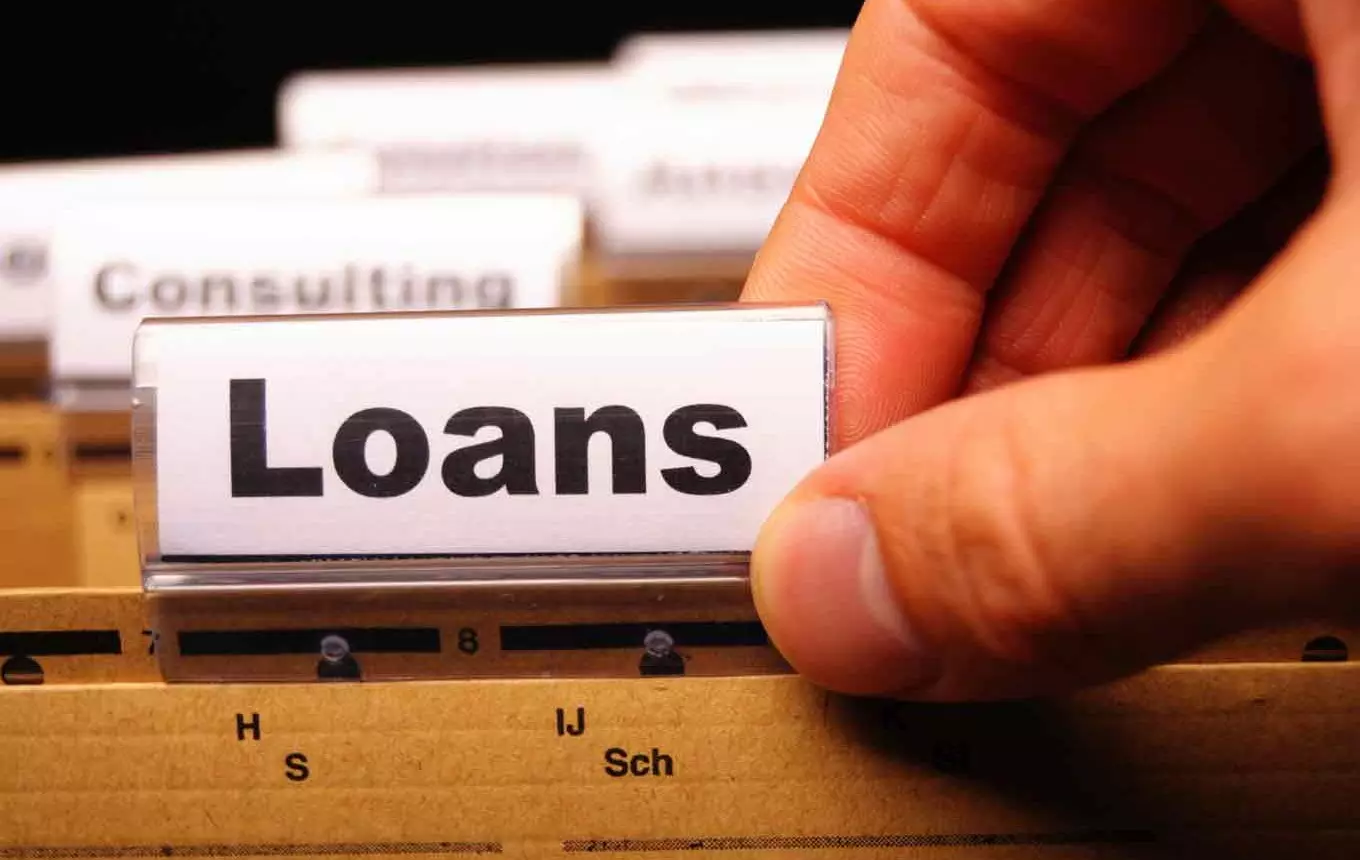
 July 15, 2016
July 15, 2016
Loans are important part of modern day personal finance. Most of us rely on loans for funding our higher education, new car or home etc. Though Loans boost our purchasing power, over reliance on debt often leads to financial stress. One important question that advisors often face from individuals is “When should I close my loan?” Exit strategy from the existing debts plays an important role in minimizing the interest burden on the individuals. Prioritizing loan repayments ensures that the loans get cleared in a systematic way to boost the available monthly surplus. The loan repayments should be prioritized in the following order:
Personal Loans top the priority list when it comes to paying off existing debt. Personal Loans are unsecured loans which are advanced on the basis of the borrower’s credit history and ability to repay the loan from the available income sources. Being an unsecured loan, Personal Loans are often offered at a higher interest rate. Higher interest rate necessarily means higher EMI Payments. Though the repayment charges for Personal Loans are also on a higher side, it is always advisable to close this high interest debt once an individual has enough surpluses.
The loan instruments like gold loans, Loan Against Property, loan against fixed deposits and insurance policies, loan against PF and auto loan do not attract any tax benefits. Such loans should be paid off based on the interest burden. The interest rate on gold loans and loan against property are dependent on margin between pledged value and loan amount. If an individual opts for 50 per cent of the value of the gold as loan then he or she is expected to get a better rate compared to opting for 80 – 90 per cent of the value as loan. These loans hold a lesser interest rate compared to Personal Loans. Loans against fixed deposits, insurance and PF attract lower interest rate than the gold loans and loans against property.
The increasing educational expenses have aided in the increased demand for educational loans. Educational Loans should be given second least priority before closing off the existing debts. The reason behind it would be the tax savings one can enjoy on the educational loans. One can claim tax benefit on the interest payments being towards educational loan availed from approved institutions. So essentially the interest payments can be offset by the tax benefit and hence one is advised to pay off educational debt only after paying off other debts.
Home Loans are the most common form of debt among the Indians. One can avail tax benefits on both principal repayment and interest payments on the home loan. This tax advantage makes the home loan the last debt an individual should pay off. The exit strategy for home loan also differs based on the tenure and type of house. Generally in the initial years, majority of the EMI payments account for interest payments and during the last few years of loan tenure they account for principal repayments. It is advisable to consider prepayment during the first half of the loan tenure. If an individual has two existing home loans, only interest payments on second home loan, which is not self-occupied, are tax deductible. However, there is no cap on this deduction. So considering the tax benefits associated with them, home loans should be paid off after servicing all the other existing debts.
Though the above mentioned priority list give an outline of debt servicing, sometimes you may find an investment which pays you higher interest rate than the interest rate being paid on the existing debt. As with any financial decision, make sure you analyze the pros and cons of whether to opt for an investment or to pay off the existing loan. Exiting a loan is an important decision that should be made using the merit based reasoning (ROI, opportunity cost) than emotional reasoning (debt free life).